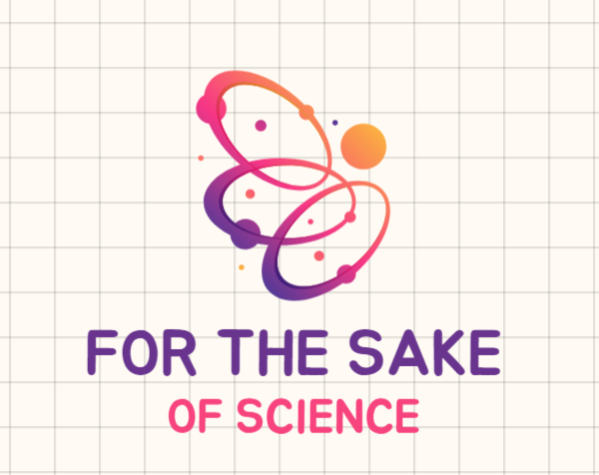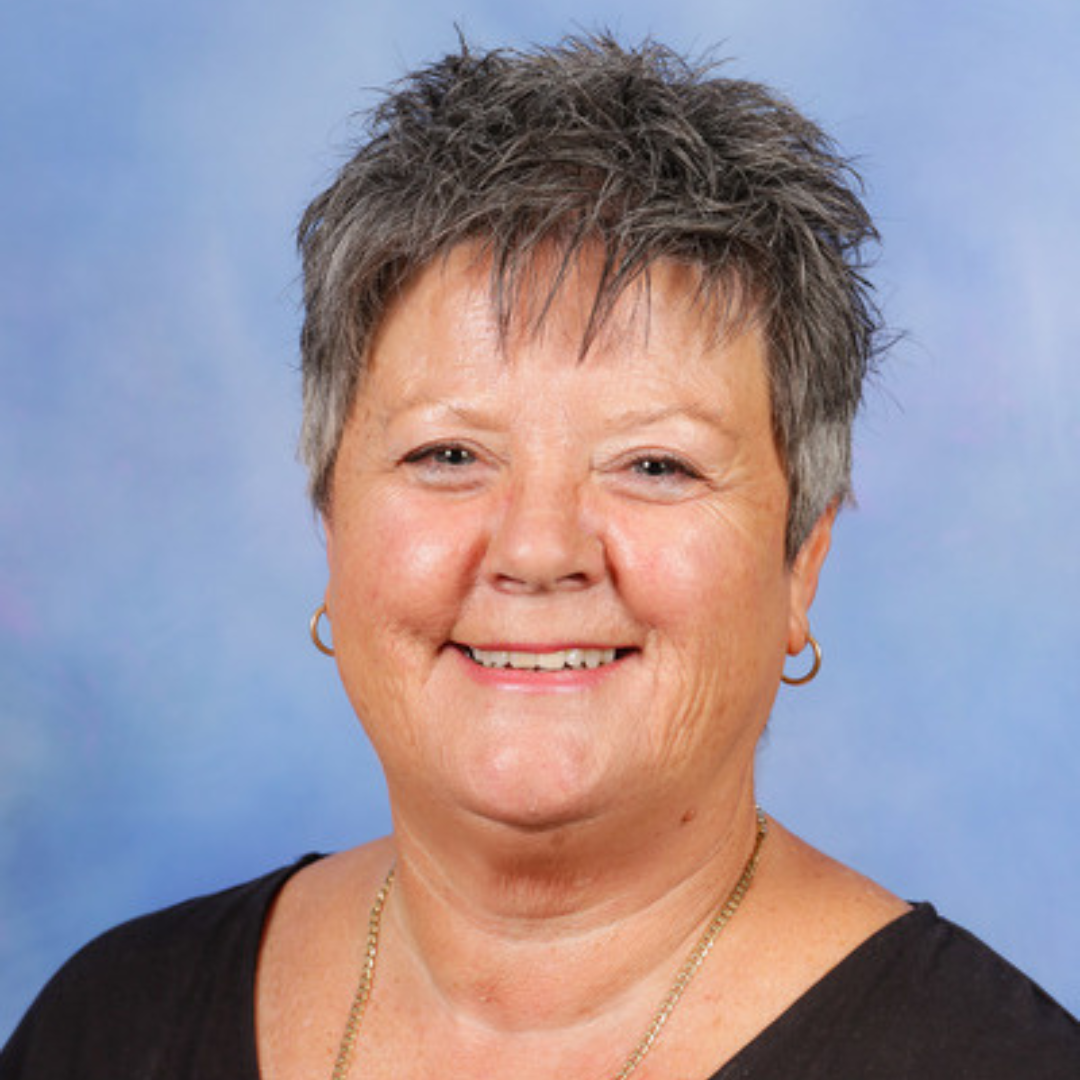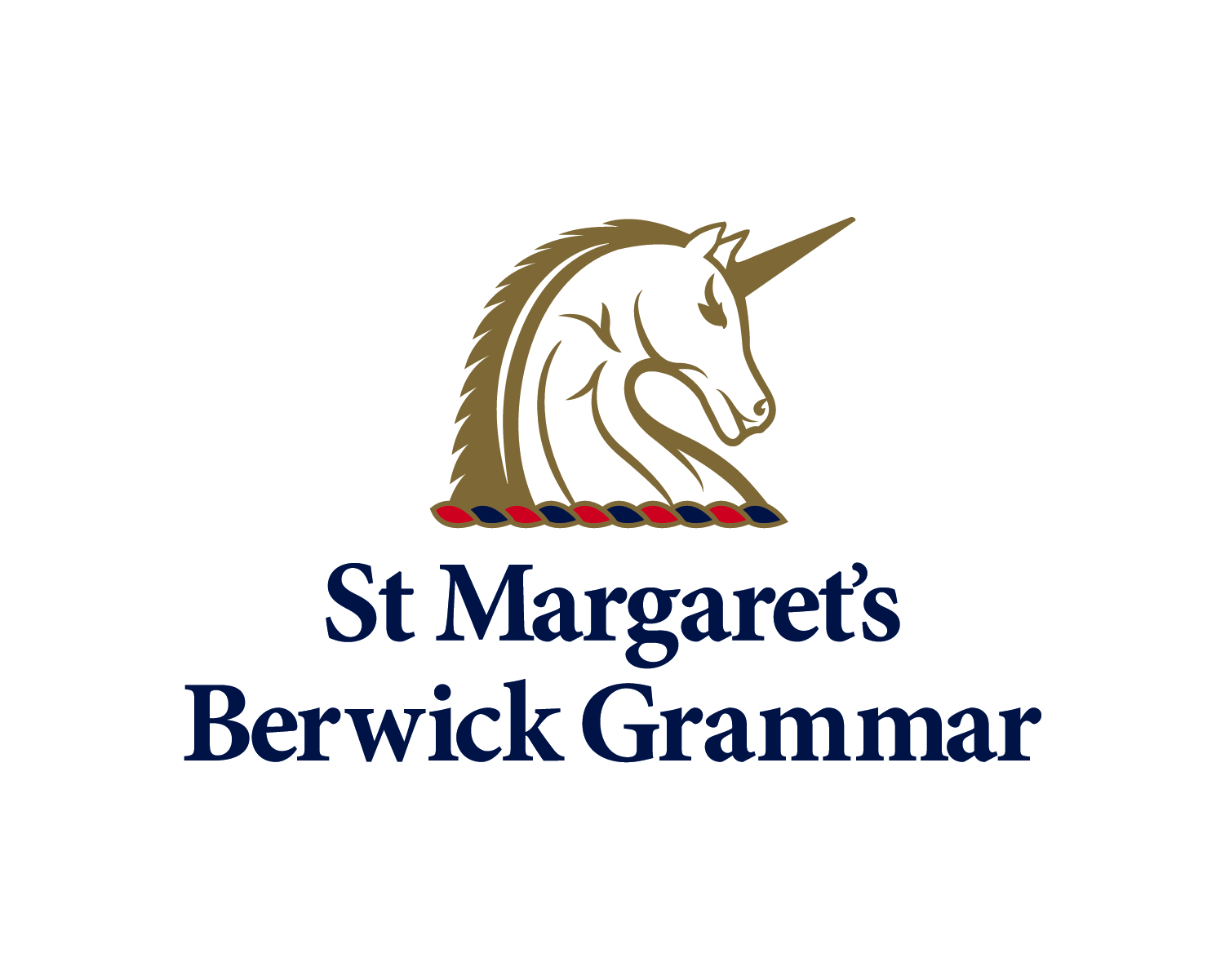From the Principal – 16 November 2017
What do we stand for…
In a week when Australia won through to the next round of the World Cup soccer, our country voted ‘yes’ for same sex marriage, and the assisted dying bill was debated in the Victorian Parliament, I was fascinated by the response of various pockets of the community to the question of process. Questions abound regarding WHO represents us, HOW we decide who represents us and ultimately does representation give someone the right to make decision on other peoples’ behalf? Ultimately, we are a democratic community, and communities have to agree to common ways of knowing and being otherwise anarchy reigns.
While representation in a soccer team is relatively straightforward (the best players are selected), representation regarding decisions on issues that delve to the core of who we are, can be problematic. All we can hope for is that our decision makers are as informed and knowledgeable as possible and, in my opinion, have compassion and wisdom.
I would like to think that at our school, we should not shy away from sharing the complexities of issues with young people. The world is not black and white, what is the ‘right’ decision in one context and time may be an awful one in another time and place. Schools are a curious intersection of multiple generations represented by students, parents and teachers, many of whom come from (literally) different times, places and mindsets. This makes for a complicated path to making decisions.
For schools, identity is a product of a number of factors. As a school, St Margaret’s and Berwick Grammar defines itself by its values, its history and current context. These are refined and (hopefully) translated effectively by leadership to be embodied in the symbolic, behavioural, attitudinal, practical and physical spaces in which our community interacts. Whatever happens at our school, I believe the community should know that it is guided by Respect, Courage, Curiosity and Character.
Ms Annette Rome,
Principal






